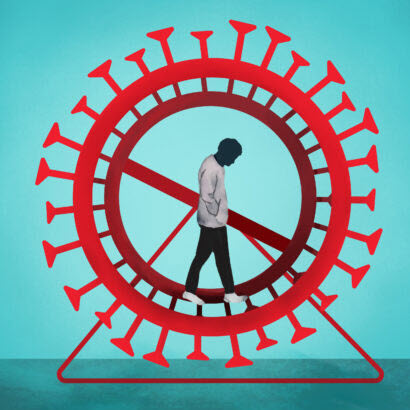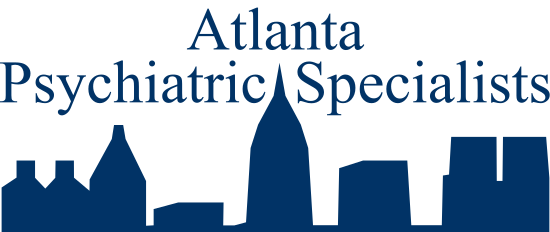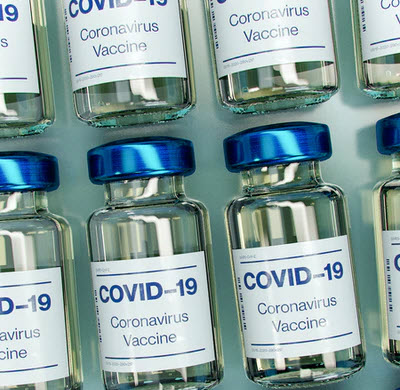Is It Your Fault? (A mini-blog series.)
There have been a number of meaningful responses to my recent post on Covid-19 “long haulers” and the gaslighting issue. It’s clear that we regard “mental” things as different from “physical ” things, despite thousands of philosophical pronouncements.
We distinguish between mental and physical and have a bias (stigma) against the mental as being less real and less authentic.

Conditions like cancer or a broken leg or pneumonia become real in a different way from anxiety or fatigue or suicidality. Perhaps they are all real, but we have different levels of belief and different emotions about the physical and the mental.
I am not trying to resolve philosophical puzzles. Rather, as a psychiatrist, I am noting that people react differently to things that happen (at least partly) in someone’s brain circuits and synapses: the “mental”, the “psychological”, the “emotional”, the “stress-related”. It has to do with not being deceived and not being taken advantage of and others getting away with something. It has to do (partly) with expecting adults to have self-control so we can count on them. If a child says he or she is afraid of monsters at night or expects Santa Claus, we don’t feel this bias. We don’t have to rely on children; they rely on us. But if an adult believes in such things it raises red flags. We tend to be suspicious and to protect ourselves from harm, from being taken advantage of.
It happens that cancer and broken legs are not likely to be deceptions- although they can be faked. But brain fog and fatigue and depression seem to be things that can more easily be faked or should be controlled.
Appearances are deceiving. Don’t judge a book by its cover. Fake news. False impressions. Trust but verify. Ponzi schemes. Identity theft. A large part of our brain activity is devoted to “cheater detection” because we depend on each other so much.
Unfortunately for long haul Covid-19 sufferers, they get caught up in this cultural dilemma- who can you trust?
The same is true for mental illness, addiction, headache, bargains, advertising, makeup, legal testimony, accident claims, tax deductions, he said she said, reputations, etc. Trust and suspicion are like the filters for junk mail or default settings. There is no absolute way to be certain.
The best we can do is to:
- Look for evidence
- Verify sources
- Consult others
- Experiment and keep track of results
- Notice our emotions
- Argue (in a good way) back and forth
- Be willing to change our beliefs depending on the evidence
We do the best we can in an uncertain world.
Back to long haulers: At this stage of knowledge, I believe that virus infections can lead (how often?) to longstanding symptoms such as fatigue, fog, weakness, pain, rapid heartbeats, and more. We don’t know the mechanisms. It’s possible the virus (or part of it) is still active within some heart, nerve, or muscle cells but is not being detected. It’s possible that some autoimmune antibody is mistakenly fighting the body’s own cells.
It’s possible that the virus is gone, but it set in motion a series of damages, like falling dominoes, which are causing continuing disease.

Now one person’s symptoms of post COVID syndrome are causing reactions in other people who may be sympathetic or suspicious. Some people can exaggerate and others can minimize or hide symptoms. Doctors are susceptible to the same reactions as anyone else. We are trained to first look for the worst or life-threatening thing. Then we are under less pressure to do something. We like hard evidence. We listen and do our best to help. We try and make sense of what the patient tells us, and what medical science tells us. Many things are still unknown. We follow up.

 To V or not to V, That is the Question
To V or not to V, That is the Question
[…] Go HERE for MORE […]